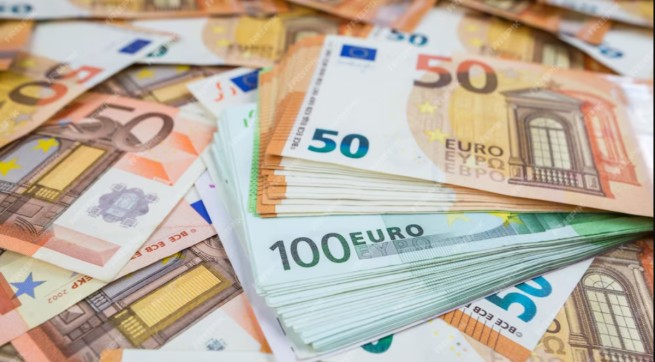Paying bills “eats” the lion’s share of the income of the Greeks – the country’s economy is on the wave of rising prices for literally everything.
According to a study by the Hellenic Chamber of Commerce and Industry ΣΕΛΠΕ, bill payments now represent 32% of monthly consumer spending, down from 25% in December last year. Expenditure on groceries fell, compared with December, according to the researchers, from 31% to 26%.
Given the unprecedented rise in prices, consumers called this period the worst in the last 2 years and refuse to buy large items – household appliances and furniture, for example.
Other spending categories do not change significantly, the authors of the study say. Costs remain stable rent, services, taxes. Expectations for spending for the next six months, alas, are negative – they are associated with the continuing rise in the cost of energy.
For example, 45% of citizens are confident in the increase in utility bills in the second half of this year. Another 53% believe that the cost of buying goods will decrease, and only 17% expect that they will increase. The same applies to services (tickets, meals), for which 36% of consumers also estimate a decrease in costs, and only 19% – an increase.
Regarding taxation, the forecasts are more positive: 59% hope that it will remain unchanged, 15% are sure that it will decrease, and 26% believe that it will increase.
These studies clearly demonstrate that consumers are significantly reducing their purchases of goods and services in order to pay for increased energy and fuel costs.
The Retail Consumer Sentiment Index was -64 in June 2022, down from the base month of October 2019 and July 2021. The “Current Situation” sub-index decreased from -40 to -58, while the “Expectations” sub-index decreased from -51 to -73. Both low expectations and tension in consumer financial data are recorded, which is associated with rising energy costs, as well as inflationary trends and uncertainty due to the war, states cnn.gr.







More Stories
EU employment record: Greece "stuck" in a low position
“Bonus” of 300 euros for the long-term unemployed
Turkish tourists choose Samos for their holidays